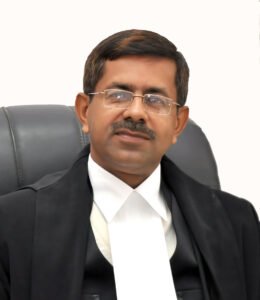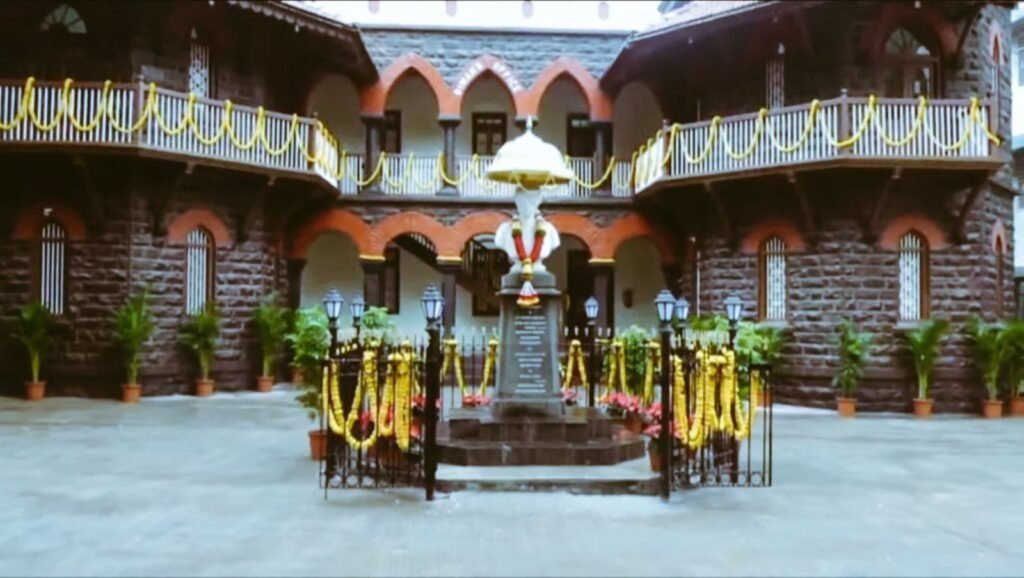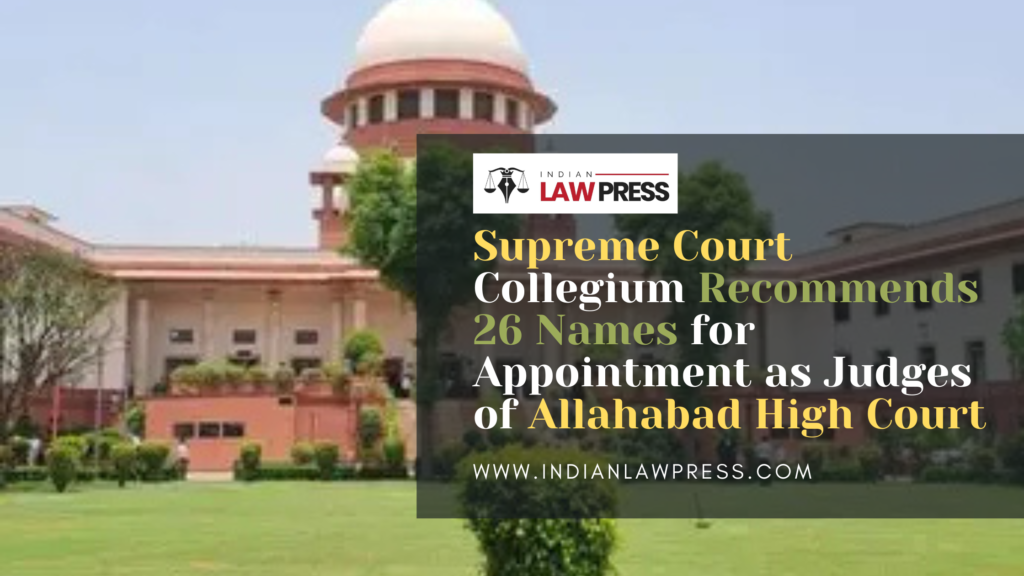Telangana High Court celebrated the 79th Independence Day with Chief Justice Aparesh Kumar Singh hoisting the national flag. The Court highlighted progress in case disposal, infrastructure, digital reforms, Lok Adalats, and access to justice initiatives.
Telangana High Court celebrated the 79th Independence Day with Chief Justice Aparesh Kumar Singh hoisting the national flag and reaffirming the judiciary’s commitment to accessible, efficient, and technology-driven justice.

Chief Justice Aparesh Kumar Singh, while addressing the gathering at the Telangana High Court, highlighted the institution’s achievements over the past year and reiterated the Court’s pledge to uphold the constitutional values of justice, liberty, equality, and fraternity.
Judicial Performance: Case Disposal and Efficiency
Reflecting on the Court’s performance, Justice Singh noted that in just 210 working days, the High Court witnessed the institution of 74,768 cases and disposal of 72,414 cases. He credited this efficiency to the collective efforts of both the Bench and the Bar, which worked hand in hand to ensure speedy justice delivery.
Infrastructure Development: Strengthening the Justice System
Under the “Nyaya Nirman” norms, the state judiciary is focusing on uniform and modern court complexes.
- The Telangana government has sanctioned ₹1,053 crore for 13 new district court complexes.
- Proposals worth ₹891 crore are pending consideration.
- Additionally, under the centrally sponsored scheme, ₹16.58 crore has been allocated for 2025–26, with five major projects already completed.
These measures aim to provide a robust infrastructure backbone for improved judicial services across the state.
Technology Integration in Judiciary
The High Court has embraced technology to enhance transparency and accessibility:
- 99 e-Sewa Kendras established across the state.
- Over 5,500 judgments translated into Telugu for better understanding by litigants.
- Introduction of e-Payment modules and digitisation of records for faster processes.
Such digital initiatives are ensuring that justice delivery keeps pace with the needs of a digital society.
Alternative Dispute Resolution and Legal Aid
The High Court also achieved significant success through Lok Adalats and legal awareness programs:
- Four National Lok Adalats settled 55.2 lakh cases with compensation worth ₹236.44 crore.
- 2,495 regular Lok Adalats resolved over 59,000 cases.
- 4,970 legal literacy camps conducted statewide.
- ₹5.89 crore disbursed under the Victim Compensation Scheme.
These initiatives highlight the judiciary’s focus on reducing case pendency while promoting community-based solutions.
Community and Human Resource Development
Recent steps also include:
- Establishment of 40 community mediation centres in nine districts.
- Launch of a legal services clinic for ex-servicemen.
- Recruitment drives for 150 civil judges, 1,461 district court staff, and 212 High Court registry posts.
These measures aim to strengthen the human capital within the judiciary and expand access to justice.
Tribute and Call to Action
Acknowledging the leadership of Chief Justice of India BR Gavai in spearheading reforms, Justice Singh urged members of the judiciary and legal fraternity to renew their pledge towards safeguarding constitutional values and ensuring that justice reaches every citizen.
The ceremony was attended by judges, Bar leaders, advocates, and High Court staff, marking a moment of unity and commitment to the democratic ideals of the nation.
Also Read: CJI BR Gavai:Supremacy Lies with the Constitution, Not the Judiciary, Executive, or Parliament





